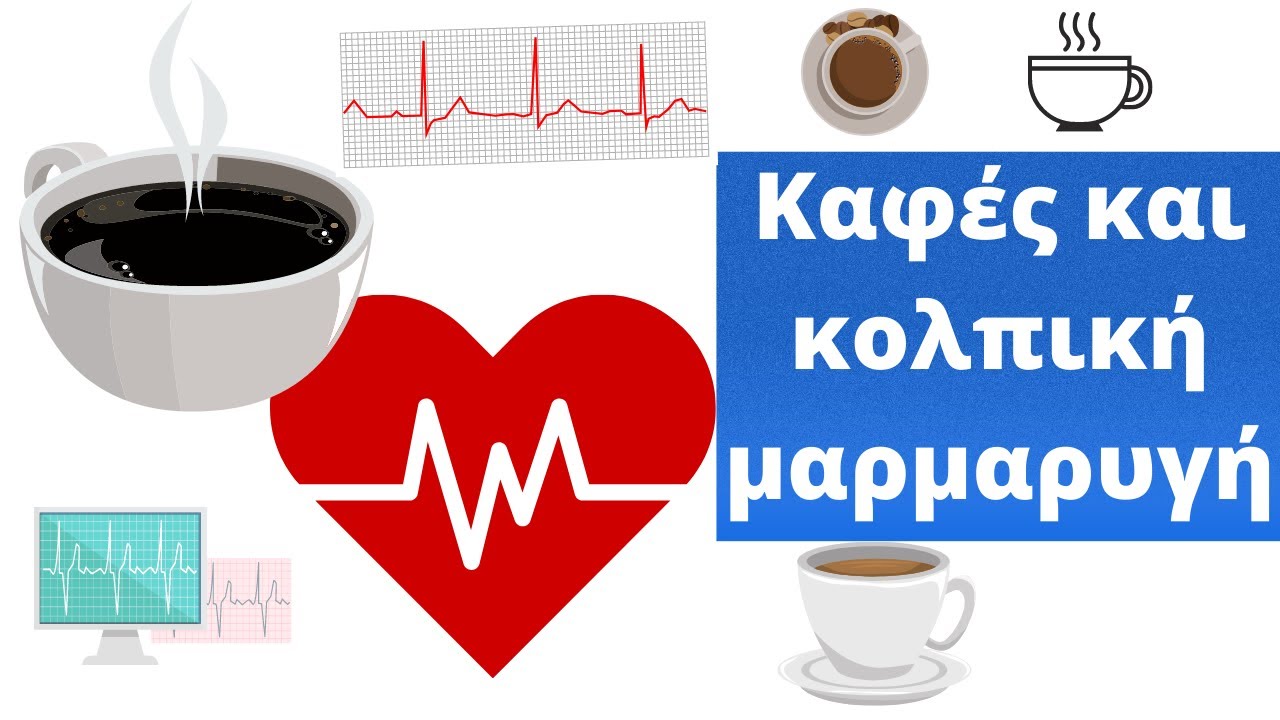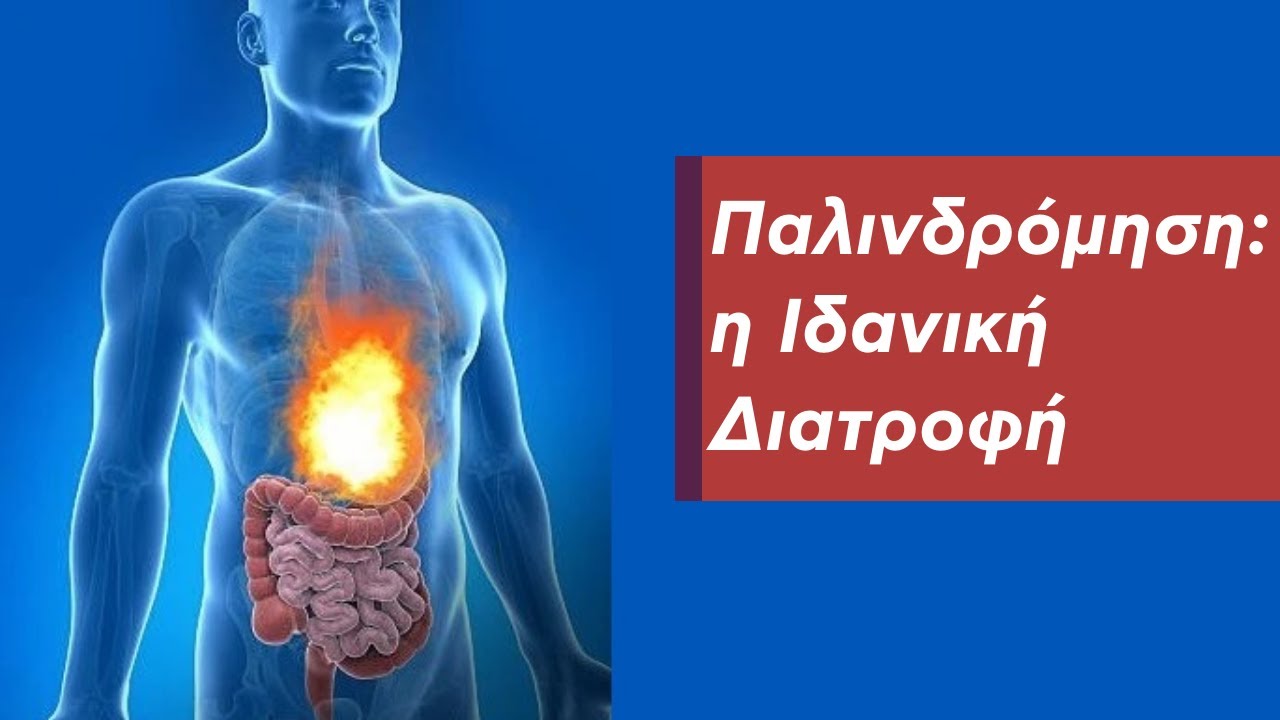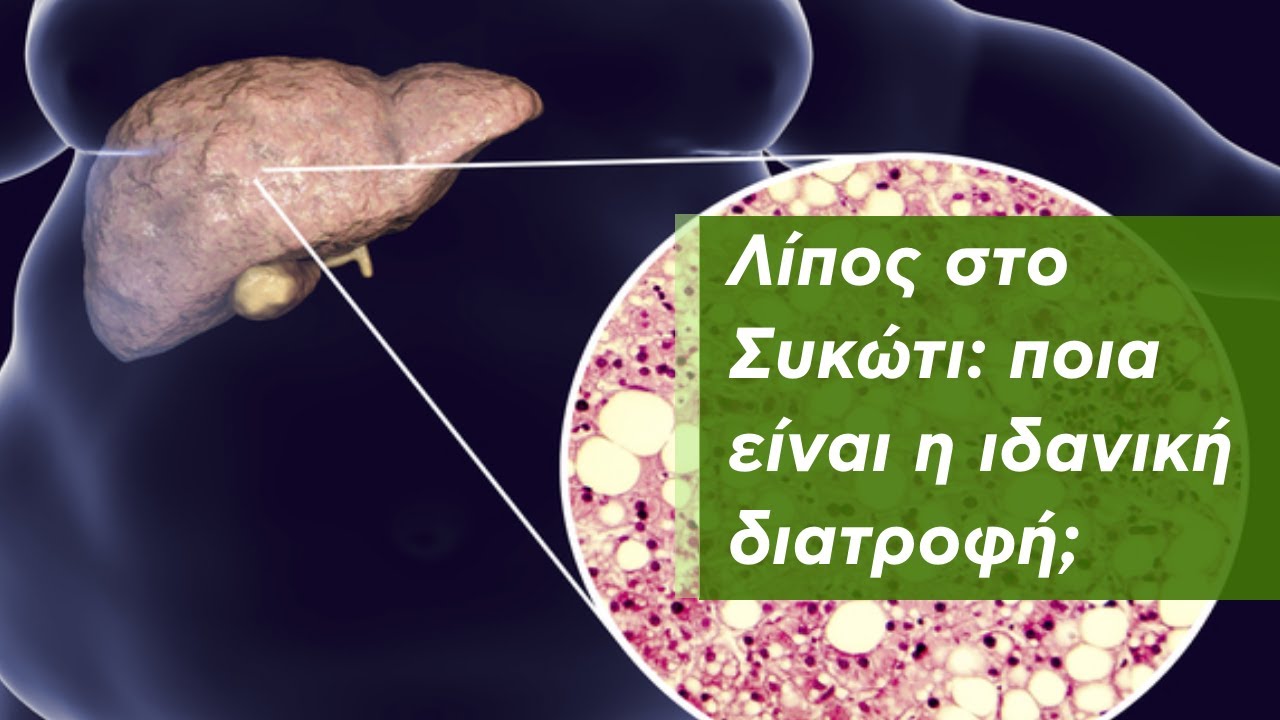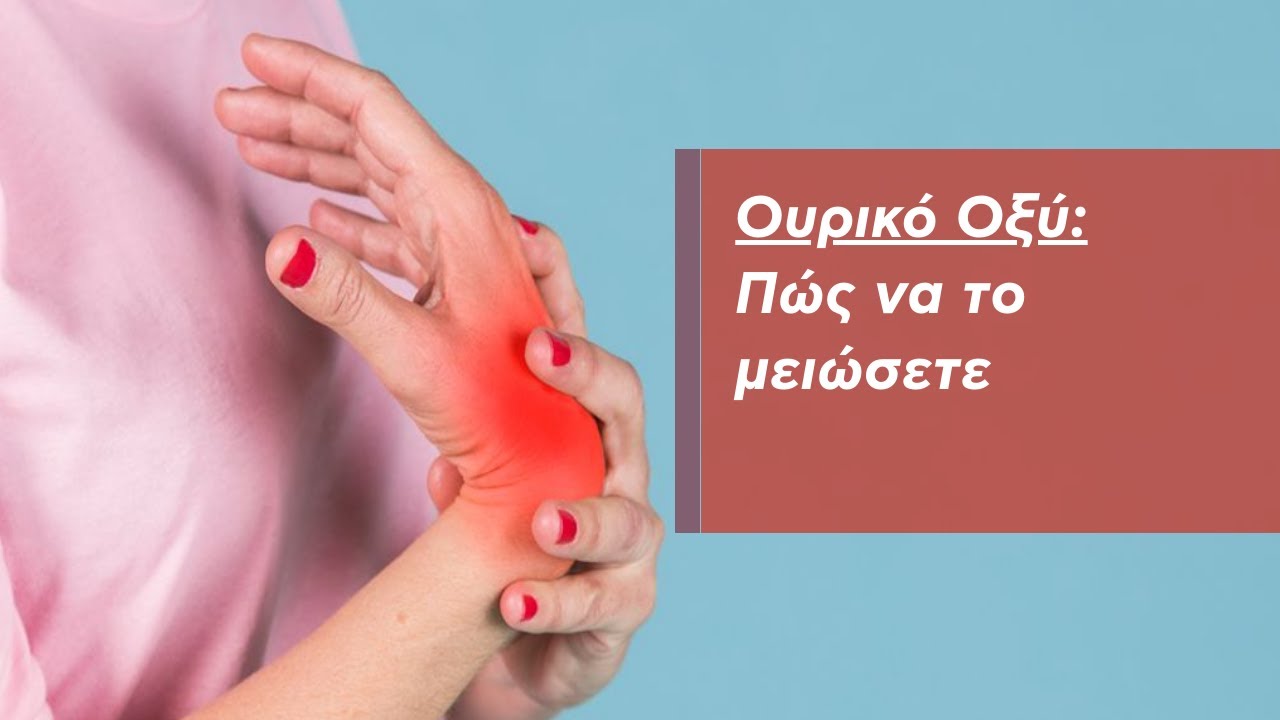Κείμενο
Ο καφές είναι μία καθημερινή απόλαυση για πολλούς ανθρώπους. Πολλοί άνθρωποι όμως αναρωτιούνται αν αυτή η απόλαυση επιβαρύνει την υγεία τους. Πολλοί άνθρωποι αναρωτιούνται αν αυτή η καθημερινή τους συνήθεια μειώνει το προσδόκιμο επιβίωσης ή την πιθανότητα να έχουν μία καλή ποιότητα ζωής σε βάθος χρόνου. Είναι ο καφές επικίνδυνος για την υγεία; Αν είναι, είναι επικίνδυνος για όλους ή υπάρχει κάποιος τρόπος να ξέρουμε για ποιον είναι επικίνδυνος και για ποιον δεν; Αρχικά αξίζει να πούμε λίγα λόγια για τον καφέ. Έχει ενδιαφέρον το πώς ανακαλύφθηκε ο καφές και πώς φτάσαμε για τον καταναλώνουμε καθημερινά. Η ιστορία λέει ότι κάποιοι βοσκοί παρατήρησαν ότι οι κατσίκες τους ήταν ιδιαίτερα ζωηρές και δραστήριες αφού είχαν καταναλώσει κάποιο συγκεκριμένο φυτό. Οι βοσκοί, που είναι πολύ προσεκτικοί άνθρωποι και γνωρίζουν τα ζώα τους όπως γνωρίζουμε εμείς τα παιδιά μας και τους φίλους μας, παρατήρησαν τη συμπεριφορά που είχαν αυτές οι κατσίκες και βρήκαν ποιο φυτό έτρωγαν, και πολύ έξυπνα αποφάσισα να το δοκιμάσουν. Το φυτό αυτό περιέχει κάποια σπόρια τα οποία ήταν πλούσια σε μία σειρά από ουσίες που δίνουν ενέργεια και μειώνουν την αίσθηση της κούρασης. Ταυτόχρονα η κατανάλωση τους ήταν ευχάριστη χωρίς η γεύση τους να είναι τόσο ευχάριστη. Η λογική συνέχεια ήταν να μαζέψουν αυτούς τους σπόρους και να βγάλουν το εκχύλισμα που περιέχει τις ενεργές ουσίες που δίνουν ενέργεια και μειώνουν την αίσθηση της κούρασης. Στην πορεία επέλεξαν οι έμποροι να καβουρδίσουν αυτούς τους σπόρους για να είναι πιο εύκολο στη μεταφορά και πιο ελαφρύ, δεδομένου ότι η υγρασία που περιέχουν οι σπόροι δεν εξυπηρετεί πουθενά. Με απλά λόγια, κάπως έτσι έφτασε ο καφές στις μέρες μας. Ένας σπόρος από ένα φυτό που το καβουρδίζουμε και το καταναλώσουμε σε μορφή εκχυλίσματος αφού αλεστεί. Ο καφές είναι μείγμα που περιέχει εκατοντάδες, ίσως και χιλιάδες ξεχωριστές ουσίες, από τις οποίες σχεδόν όλες είναι πολύ ωφέλιμες για τον οργανισμό. Ο καφές όμως περιέχει και κάποιες ουσίες που είναι διεγερτικές, και

αυτές είναι ωφέλιμες σε μικρές ποσότητες. Και εδώ είναι το μυστικό. Η πιο ισχυρή διεγερτική ουσία που περιέχει ο καφές, αλλά όχι η μόνη, είναι η καφεΐνη. Η καφεΐνη σε μεγάλες ποσότητες είναι σίγουρα επιβαρυντική για την υγεία και αυτό το ξέρουμε από τις μακροχρόνιες μελέτες παρακολούθησης που συγκρίνουν την κατανάλωση καφέ με καφεΐνη σε σχέση με την κατανάλωση καφέ χωρίς καφεΐνη. Σε αυτές φαίνεται ότι τα άτομα που καταναλώνουν καφέ χωρίς καφεΐνη ζουν περισσότερο. Άρα, από τα μέχρι τώρα στοιχεία είναι ξεκάθαρο ότι η καφεΐνη δεν είναι καλή για την υγεία. Από την άλλη έχει ενδιαφέρον το γεγονός ότι τα άτομα που καταναλώνουν καφέ με καφεΐνη ζουν περισσότερο σε σχέση με τα άτομα που δεν καταναλώνουν καθόλου καφέ (με ή χωρίς καφεΐνη). Σε μελέτες που έχουν γίνει και έχουν εξετάσει την επίδραση του καφέ στην πιθανότητα εμφάνισης πολλών παθήσεων έχει φανεί ότι η κατανάλωση καφέ με καφεΐνη προστατεύει. Και εδώ συμπεριλαμβάνω και μελέτες που αφορούν την αρτηριακή υπέρταση και τις αρρυθμίες, παθήσεις για τις οποίες πολλοί ειδικοί στο παρελθόν είχαν εκφράσει ανησυχία για το αν ο καφές με καφεΐνη μπορεί να δημιουργήσει πρόβλημα. Αυτή τη στιγμή μπορούμε να απαντήσουμε με αρκετή σιγουριά ότι η κατανάλωση καφέ με καφεΐνη όχι μόνο δεν δημιουργεί ή δεν προκαλεί κάποια πάθηση, αλλά προστατεύει και από όλες τις παθήσεις τις οποίες έχουμε εξετάσει. Σε αυτό θέλω να συνυπολογίσετε ότι όπου έχουμε συγκρίνει καφέ με καφεΐνη με καφέ χωρίς καφεΐνη, ο καφές χωρίς καφεΐνη είναι πιο ωφέλιμος και για αυτό έχω βγάλει το συμπέρασμα ότι η καφεΐνη δεν είναι καλή για την υγεία, ενώ ο καφές είναι. Έτσι λοιπόν φτάνουμε σε ένα λογικό συμπέρασμα. Ο καφές είναι καλός για την υγεία, με ή χωρίς καφεΐνη, αν και χωρίς καφεΐνη φαίνεται να είναι πιο ωφέλιμος. Αλλά τα στοιχεία από τις έρευνες έχουν να προσθέσουν κάτι ακόμα. Από ότι φαίνεται, δεν μεταβολίζουν όλοι οι άνθρωποι την καφεΐνη με τον ίδιο ρυθμό. Υπάρχουν άνθρωποι που μεταβολίζουν την καφεΐνη πολύ γρήγορα, ενώ υπάρχουν και άνθρωποι που μεταβολίζουν

την καφεΐνη πολύ αργά. Στις μελέτες που μπαίνουν στον κόπο να χωρίσουν τους ανθρώπους σε αυτές τις δύο ομάδες και μετά να ελέγξουν την επίδραση του καφέ με καφεΐνη σε κάποιες παθήσεις που σχετίζονται με την υγεία της καρδιάς και των αγγείων φαίνεται ότι αυτοί που μεταβολίζουν την καφεΐνη γρήγορα έχουν σημαντικό όφελος, ενώ αυτοί που μεταβολίζουν την καφεΐνη αργά έχουν πρόβλημα. Μπορεί συνολικά να εμφανίζεται στα αποτελέσματα ότι ομάδα ωφελείται, αλλά αν την χωρίσουμε σε αυτούς που μεταβολίζουν την καφεΐνη γρήγορα και σε αυτούς που μεταβολίζουν την καφεΐνη αργά φαίνεται ότι μόνο αυτοί που μεταβολίζουν την καφεΐνη γρήγορα έχουν σημαντικό όφελος, ενώ αυτοί που μεταβολίζουν την καφεΐνη αργά όχι απλά δεν ωφελούνται αλλά εμφανίζουν συχνότερα πρόβλημα. Το μόνο που μένει είναι να καταλάβουμε αν μεταβολιζούμε την καφεΐνη αργά ή γρήγορα. Υπάρχουν πολλοί τρόποι για να δει κάποιος αν μεταβολίζει την καφεΐνη αργά ή γρήγορα, όπως το να μετρήσει μεταβολίτες της καφεΐνης στα ούρα, ή με εξετάσεις DNA, αλλά στην πράξη αυτό μπορεί να γίνει με έναν πολύ απλό τρόπο. Αν παρατηρήσετε ότι πίνετε καφέ το βράδυ ή το απόγευμα και δεν μπορείτε να κοιμηθείτε, τότε καλύτερα να σταματήσετε να πίνετε καφέ με καφεΐνη. Το πιο πιθανό είναι ότι ανήκετε στην ομάδα που μεταβολίζουν την καφεΐνη αργά και αυτό επιβαρύνει την υγεία σας. Από την άλλη, αν είστε από αυτούς τους τυχερούς που πίνουν καφέ το βράδυ και γυρνάνε πλευρό και κοιμούνται, τότε όχι απλά ο καφές σας ωφελεί, αλλά το ιδανικό είναι να πίνετε όσο περισσότερο καφέ αντέχει η τσέπη σας. Είστε από τους τυχερούς που μεταβολίζουν γρήγορα την καφεΐνη και απολαμβάνετε όλα τα καλά που έχουν να σας προσφέρουν οι υπόλοιπες ουσίες του καφέ. Τονίζω ότι σε αυτή την περίπτωση το ιδανικό δεν είναι να πίνετε καφέ, αλλά να πίνετε πολύ καφέ. Το αντίθετο ισχύει σε μας τους άτυχους που ο καφές μας ξενυχτάει. Όχι απλά δεν κάνει να πίνουμε καφέ το απόγευμα ή το βράδυ, αλλά δεν κάνει να πίνουμε καθόλου καφέ. Τουλάχιστον δεν κάνει να πίνουμε καθόλου καφέ με

καφεΐνη. Σε αυτή την περίπτωση ο καφές χωρίς καφεΐνη επιτρέπεται και πάλι σε αρκετές ποσότητες, τουλάχιστον σε αρκετές ποσότητες που δεν επηρεάζουν τον ύπνο ή δεν προκαλούν διέγερση. Γιατί θυμίζω ότι ο καφές περιέχει κι άλλες διεγερτικές ουσίες εκτός από την καφεΐνη. Που μπορεί να μην είναι τόσο ισχυρές όσο η καφεΐνη, αλλά στα άτομα που έχουν ευαισθησία μπορεί να προκαλέσει νευρικότητα ανησυχία και αϋπνία. Βρείτε λοιπόν σε ποια ομάδα ατόμων ανήκετε και επιλέξτε ποιος καφές σας ταιριάζει. Το ποσό; Αυτό είναι εύκολο. Όσο πιο πολύ γίνεται!
















0 Σχόλια